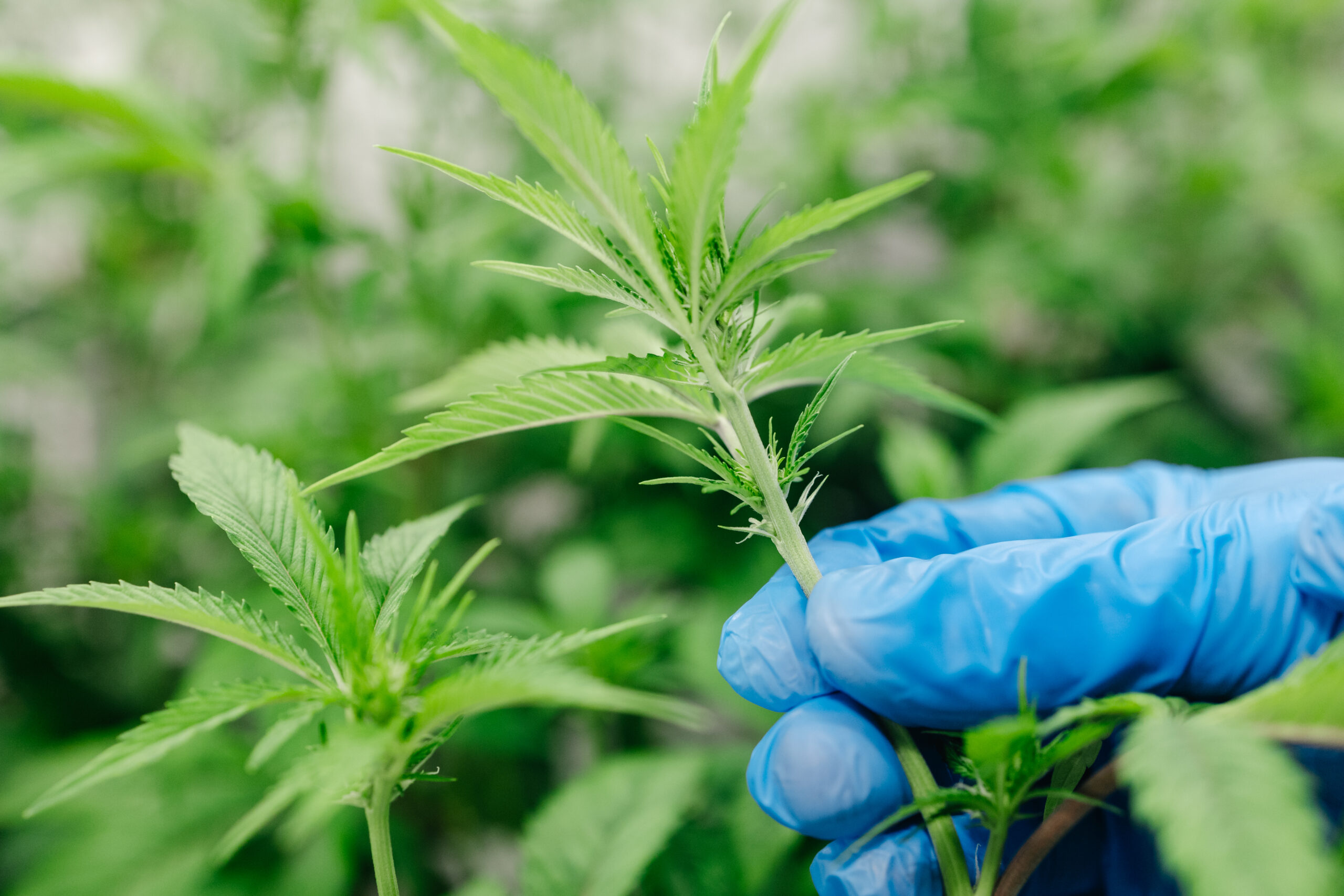Federal Rescheduling of Cannabis: A Significant Shift for the Industry and Consumers
More News

Join Gage Gold Rewards
Some offers are too good (and too regulated) to post online. Want in on the secret? Join Gage Gold Rewards and we’ll fill you in.
Sign-up Today


